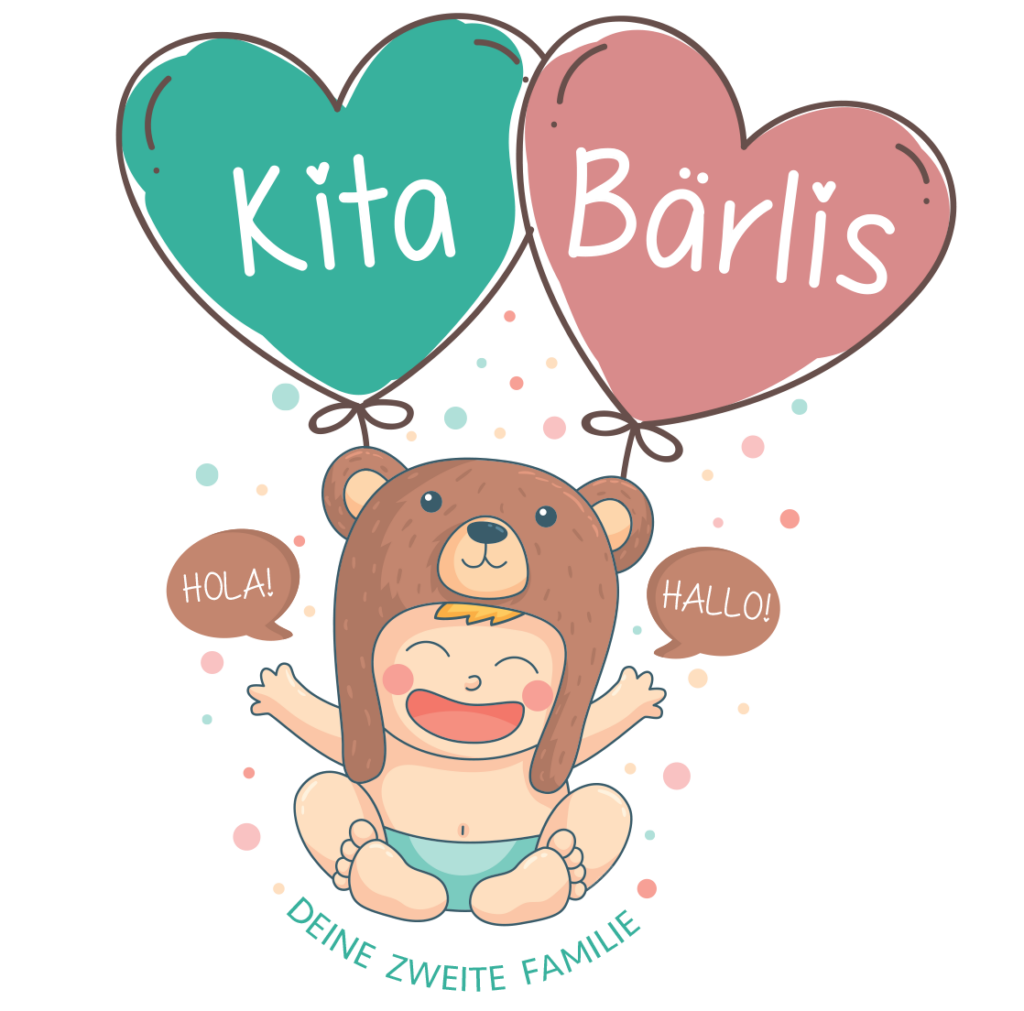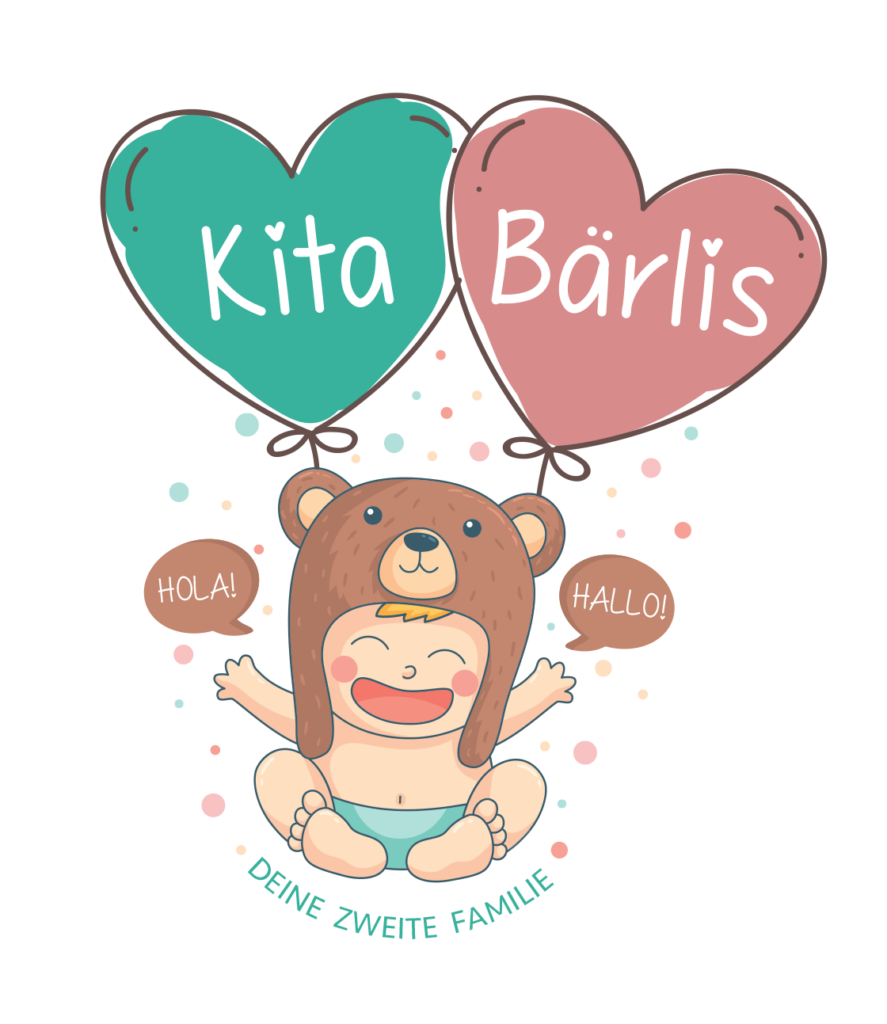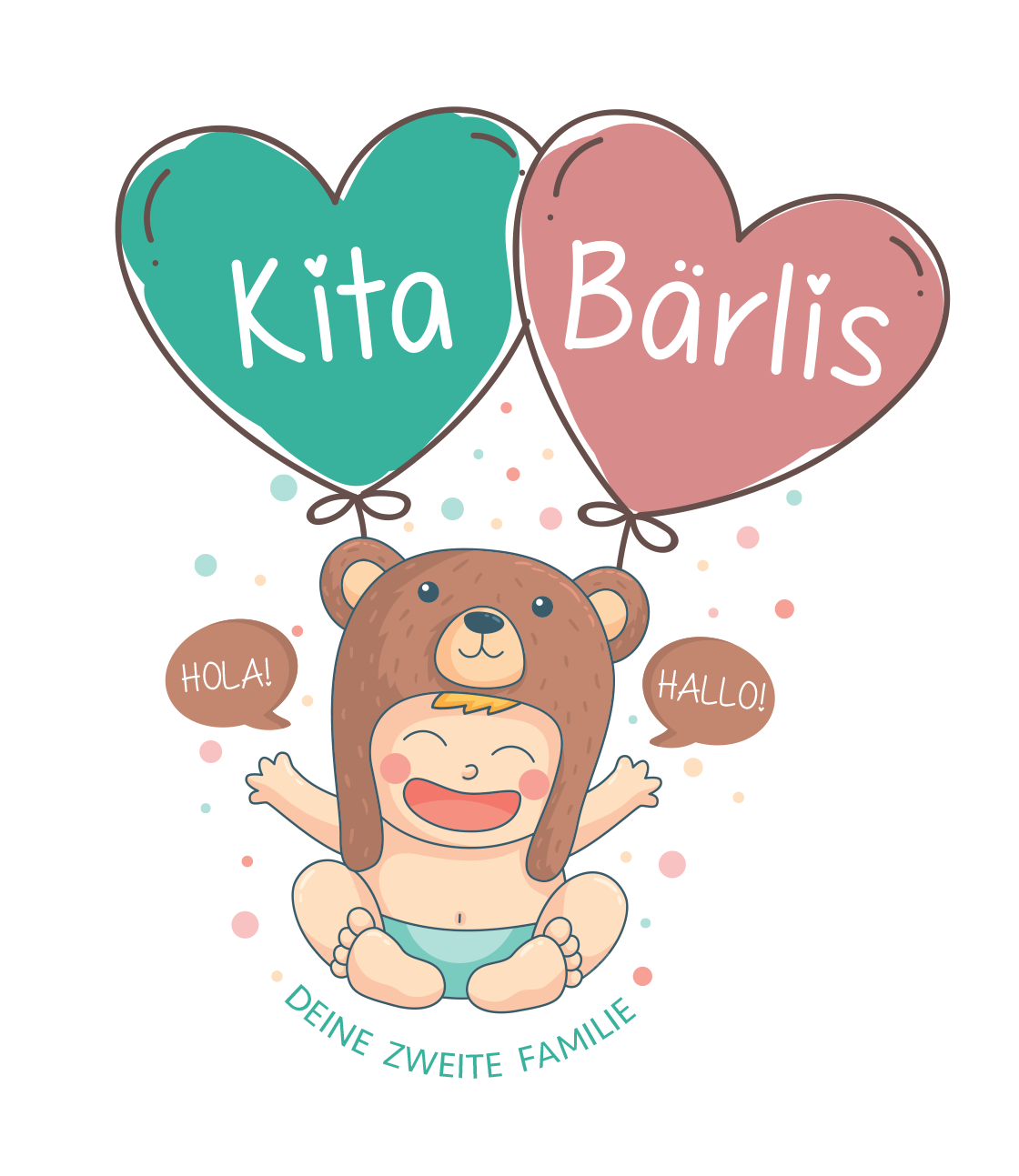
Learning Through Play: Our Approach to Early Childhood Education
At KITA BÄRLIS, we believe that play is an essential part of early childhood education. Research has consistently shown that play is not just about having fun — it’s a vital component of learning and development for young children. Here’s why learning through play is so important and how we incorporate it into our daily activities.
The Importance of Play in Early Childhood
Play has a profound impact on a child's development. It helps build the brain and body, supporting both cognitive and physical growth. Through play, children develop critical skills such as problem-solving, social interaction, and emotional regulation. Studies have shown that play supports brain structure and function, facilitating synapse connections and improving brain plasticity.
For young children, play is a way to explore the world around them, learn new concepts, and practice skills in a safe environment. It helps them understand cause and effect, develop language and communication skills, and build relationships. For instance, simple games like peek-a-boo teach infants about object permanence, while playing with toys helps toddlers learn about sharing and cooperation.
Our Commitment to Play-Based Learning
At KITA BÄRLIS, we integrate play into every aspect of our curriculum. Here’s how we ensure that play is a central part of our educational approach:
- Structured and Unstructured Play: We balance structured activities with ample opportunities for free play. This allows children to explore their interests, be creative, and learn at their own pace. Our classrooms are equipped with a variety of toys and materials that encourage imaginative play and problem-solving.
- Thematic Play Activities: Each month, we focus on a different theme that guides our play activities. This thematic approach helps children make connections between different concepts and reinforces their learning in a fun and engaging way.
- Outdoor Play: We believe in the importance of outdoor play for physical health and development. Our spacious playgrounds and regular outdoor excursions provide children with the opportunity to run, climb, and explore nature. Activities like Sports Day and World Explorer Day are integral parts of our program, ensuring that children get plenty of physical activity and fresh air.
- Role-Playing and Social Play: Social play is crucial for developing interpersonal skills. Our teachers facilitate role-playing activities that allow children to practice social interactions, learn empathy, and understand different perspectives. These activities help children build strong social skills and develop emotional intelligence.
- Teacher Involvement: Our dedicated teachers play an active role in facilitating play. They observe children’s interests, provide appropriate materials, and guide interactions to ensure that play is inclusive and educational. By engaging with children during play, our teachers help them deepen their understanding and extend their learning.
Benefits of Our Play-Based Approach
By prioritizing play in our curriculum, we aim to:
- Enhance Cognitive Development: Play stimulates brain development and helps children acquire important cognitive skills such as memory, attention, and reasoning.
- Promote Social SkillsThrough interactive play, children learn to communicate, negotiate, and collaborate with their peers.
- Support Emotional Well-Being: Play provides a safe space for children to express their emotions, build resilience, and develop self-regulation skills.
- Encourage Physical Health: Active play supports physical development, helping children build strength, coordination, and motor skills.
At KITA BÄRLIS, we are committed to providing a nurturing environment where play is at the heart of learning. Our play-based approach ensures that children not only acquire essential skills but also develop a love for learning that will last a lifetime.
For more information about our programs and philosophy, please visit our Homepage.

